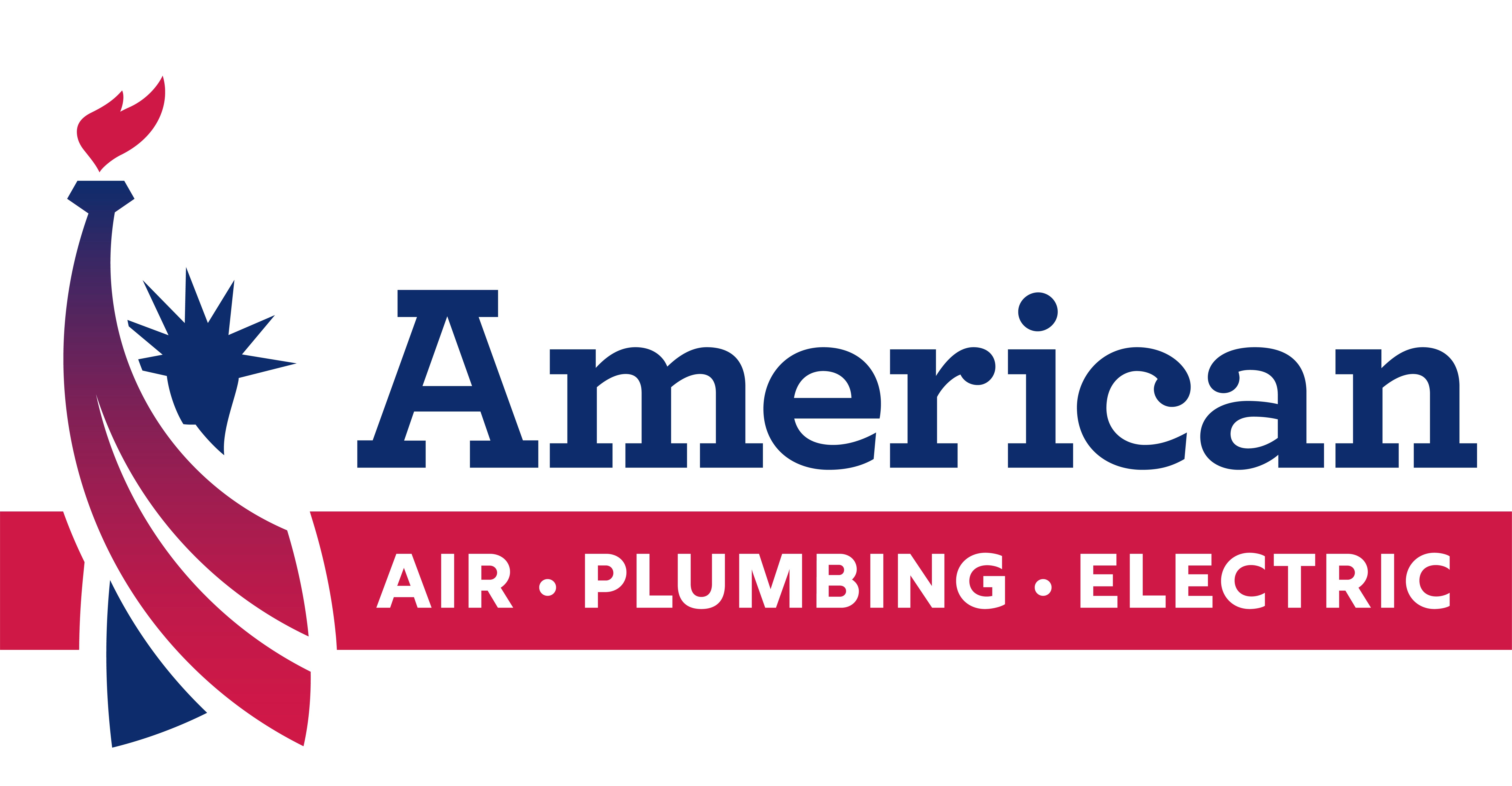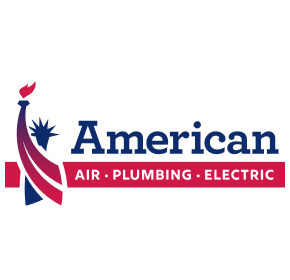If you’ve had a technician come take a look at your HVAC unit recently, you might’ve heard the terms “refrigerant” or “Freon” tossed around. These are vital components of your AC system, and it’s probably a good idea to understand just what’s going on when someone mentions them. But without a general baseline to work off of, you might be flying blind when you’re trying to discuss it with your technician.
Fear not! Here at American Air, Plumbing, and Electrical, we never want to blindside our customers and make them feel overwhelmed. To make that discussion easier, here is a quick primer on Freon that we’ve put together to give you a better understanding. This refrigerant is critical to maintaining a comfortable home, and it’s smart to at least understand the ins and outs of it.
What Is Freon?
When air conditioners were first manufactured for public consumption, the chemicals inside them were dangerous. They were extremely toxic if you inhaled them, and there was a good chance you could accidentally start a fire if the chemicals leaked. Something had to be done.
So, scientists adopted R-22 refrigerant or Freon. They first used it in actual refrigerators before using it in air conditioners in 1932 as a safer, non-toxic option that wouldn’t burst into flames at the first sign of heat.
Freon Today
This compound is what heats and cools your air as it travels through the circulation process. It turns into a gas and then back to liquid depending on whether it’s being heated or cooled, and that works in conjunction with your HVAC system to adjust the temperature of your air.
Freon has been the refrigerant of choice for decades, but recent studies revealed that it isn’t as safe as we once thought. It isn’t completely non-toxic, and it’s a compound that poses a danger to our planet. It has a Global Warming Potential of 1810 – that is, it’s 1,810 times more harmful than carbon dioxide is to our ozone layer. As a result, the chemical is being phased out of HVAC systems entirely. On January 1, 2020, Freon won’t be manufactured at all.
But My Unit Takes Freon!
If your HVAC unit takes Freon – as most do – then you’re likely going to have a decision on your hands fairly soon. If you notice a refrigerant leak, then you’ll have to weigh whether to replace the Freon or replace your unit entirely.
Recharging your unit with more Freon costs more since the compound isn’t being produced nearly as much – meaning the price spikes thanks to a lower supply. And if you spring another leak in a few years, then you’ll have to replace the unit regardless since Freon won’t be produced any longer.
American Air, Plumbing, and Electrical Can Help!
Dealing with refrigerant leaks is never fun, and the stressful process is even more aggravating since Freon won’t be around much longer. Whether you just want someone to walk you through the process step-by-step or you’d rather go ahead and replace your entire unit, American Air, Plumbing, and Electrical is here for you!
We’re proud to work with you to figure out the best solution for you and your family. Give us a call at (407) 603-4410 to speak with one of our team members today!

